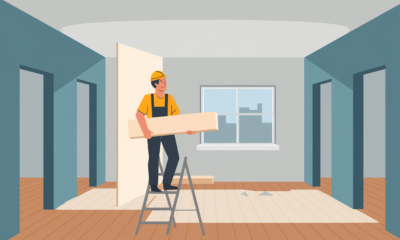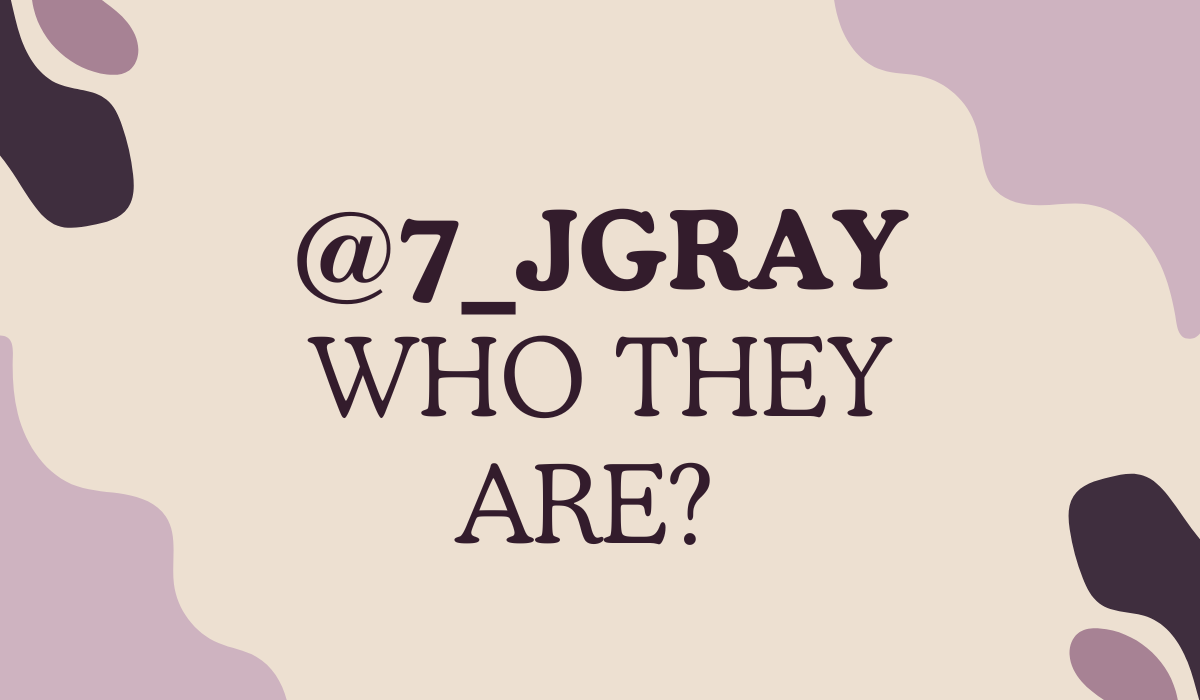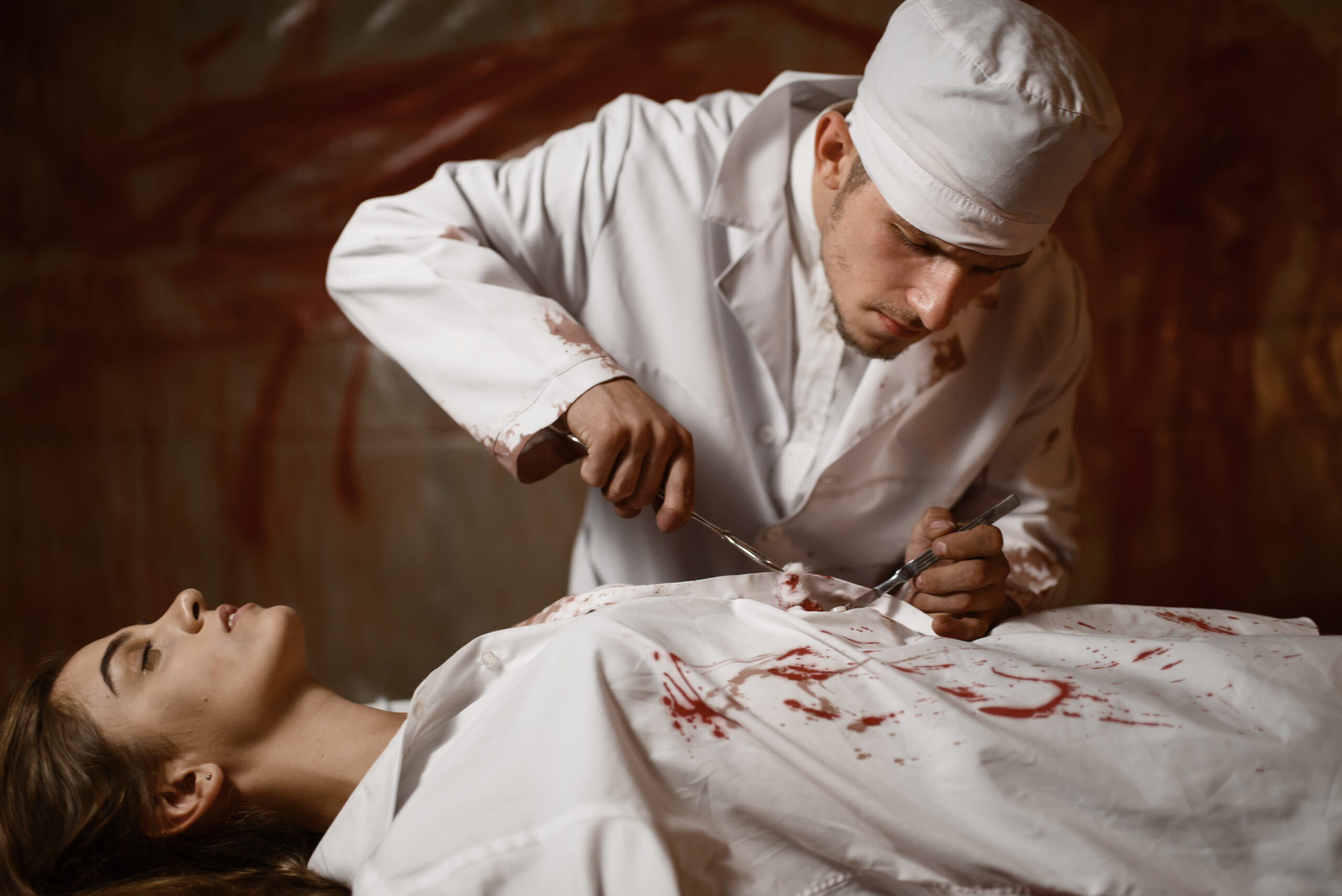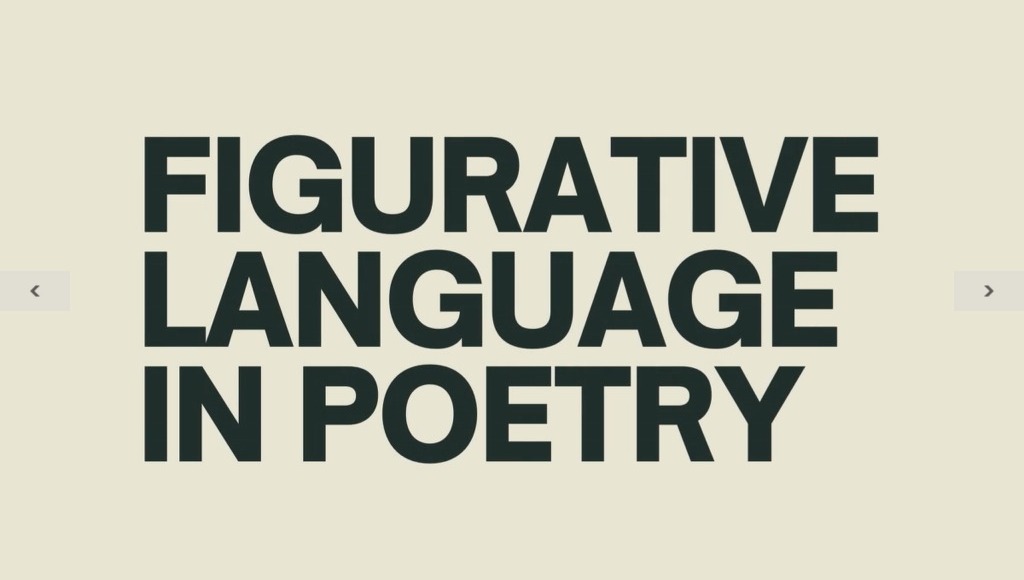News
2024 TikTok Posting Guide: Best Time to Post on Tiktok?
Published
11 months agoon

Discover best time to post on tiktok to boost your visibility and engagement. Learn how trends, time zones, and content type influence your ideal posting schedule.
TikTok is huge! It’s got over a billion people using it all around the world. If you or your business want to get noticed on TikTok, knowing when to post your videos is super important. We’ve put together a detailed guide for the best times to share your content on TikTok in 2024, using the newest info and data.
When to Post on TikTok
Figuring out the best time to put up your TikTok posts means looking at when your viewers are most likely online and what days they’re most active. Based on a recent study, here are the top times to post in 2024:
- Monday: Early morning at 6, then 10, and late at 10 PM ET
- Tuesday: Really early at 2 and 4, then later at 9 PM ET
- Wednesday: Morning at 7 and 8, then night at 11 PM ET
- Thursday: Morning at 9, midday at 12, and evening at 7 PM ET
- Friday: Best from 9 to 11, especially at 10 AM ET
- Saturday: Late morning at 11 and evening at 7 PM ET
- Sunday: Morning at 7 and 8, then afternoon at 4 PM ET
These times come from deep research to help you get the most eyes on your videos.
What Affects Posting Time
The perfect time to post can change depending on where your viewers are and what they like to do. For example, if you’re trying to reach teenagers, don’t post before 3 PM during school days. But if parents are your main viewers, posting between 4 PM and 8 PM might work better.
Using Data to Pick Your Time
While these general times are a good starting point, the best way to find out when to post is by looking at your own TikTok data. You can use TikTok’s tools or other apps to try posting at different times and see what gets the most likes and views.
Best Time to Post on Tiktok: How Time Zones Change Things
TikTok is used all over the world, so when you should post might change based on where your followers are. If lots of your followers are in a different country, you might need to post at odd times for you to catch them when they’re awake. Using TikTok’s tools to see where your followers live can help you figure out the best times to post for them.
Trends and Time of Year
What’s popular on TikTok and the time of year can also change when the best time to post is. Like, during holidays or big events, when people use TikTok might change. It’s smart to watch these trends and change when you post to get the most people to see it.
What You’re Posting
What kind of videos you’re making can also matter. If you’re teaching something, posting in the evening might work better because people have more time to watch and learn. But, if your video is just for fun, posting during lunchtime or early evening might work better because that’s when people are looking for a quick laugh.
Testing and Watching What Works
Paying attention to how many likes, comments, and shares you get can tell you a lot about when’s the best time to post. You can also post the same video at different times to see when more people watch it. This way, you can figure out exactly when your videos do best.
Be Consistent
Posting regularly is super important. Even though finding the best time to post is key, sticking to a schedule is just as important. This helps your followers know when to expect new videos from you, which can make more people watch them.
Using TikTok’s Tools
TikTok has features that let you schedule your videos to post later. This is really handy for making sure your videos go live at the best time, even if you’re busy or asleep. It’s great for making sure you’re posting at the right time for all your followers, no matter where they are.
Best Time to Post on Tiktok: Keep Up with TikTok Changes
TikTok changes a lot, and so do what people like to watch. Staying up to date with these changes can help you keep your posting schedule on point. Keeping an eye on TikTok’s official news and other big news about the app can give you good tips.
Best Time to Post on Tiktok: Working with Others
Teaming up with other TikTokers or promoting each other’s stuff can get your videos in front of more people. When you do this, think about when both your followers are most likely to be on TikTok, so your team-up has the biggest effect.
Break Up Your Day
Splitting your day into parts and posting during certain times, like morning or night, can help you reach more people. By figuring out when your followers like to watch TikTok, you can post your videos at just the right time.
Best Time to Post on Tiktok: Know Your Followers
The best time to post really comes down to knowing when your followers are on TikTok. Paying attention to when they’re most active, asking them directly, and adjusting your schedule to match can make your TikTok strategy even better.
In short, there’s no one-size-fits-all answer to the best time to post on TikTok in 2024. It depends on who you want to reach. By using the tips we’ve shared and checking your results, you can figure out the best times to post for your specific audience and get more people to see and enjoy your videos.
You may like
-


Adding Walls During Home Remodeling: Tips and Material Choices
-


Why Your First CMMC Assessment Matters More Than You Think
-


Understanding Business Loans: A Complete Guide for Entrepreneurs
-


All You Need to Know About Long-Distance Move
-


Why Your Business Needs a Packaging Systems Integrator
-


The Ultimate Guide to Tax Preparation and Planning for Businesses

Some accounts stand out in the big World of social media because they catch people’s eyes with their unique content and style. One of these shining stars is @7_jgray, a name that carries much fanbase when discussing being creative and making a big splash. Let’s dive into the World of @7_jgray to see what makes this digital wonder so captivating.
Who is @7_jgray?
@7_jgray is more than just a name online; it’s a digital personality that has captured the hearts and minds of many people on the internet. Behind this name is a creative person who can share stories and make content that grabs your attention. With a keen eye for what’s new and a genuine way of communicating, @7_jgray has carved out its special space on the internet.
The Big Impact of @7_jgray on Social Media
The influence of @7_jgray stretches far beyond just social media platforms. With posts that make you think, photos that grab your attention, and genuine conversations, this digital influencer has built a sense of Community and togetherness among their followers. @7_jgray’s impact crosses borders, bringing people together with shared stories and discussions.
The Unique Content and Style of @7_jgray
What sets @7_jgray apart is what they share and how they share it. From eye-catching photos to thought-provoking captions, every post is made with great care and a commitment to authenticity. Whether exploring new ideas or sharing personal reflections, @7_jgray’s content deeply resonates with people.
The Wide-Reaching Influence of @7_jgray
The reach of @7_jgray is vast, breaking through usual barriers and connecting with people from all walks of life and backgrounds. By collaborating with others, forming partnerships, and making strategic moves, @7_jgray continues to expand its influence and leave a lasting mark on the online World.
The Story Behind @7_jgray
A story of creativity, hard work, and dedication backs every interesting post. The journey of @7_jgray is filled with passion, perseverance, and constant improvement. By sharing glimpses of their creative process and behind-the-scenes action, @7_jgray lets followers feel part of their journey.
Keeping Up with Changes and Overcoming Challenges with @7_jgray
In the quickly evolving internet world, staying relevant and fresh is key to lasting success. @7_jgray navigates easily through trends, embracing new changes while staying true to its core values. By tackling challenges head-on and adapting to new circumstances, @7_jgray stays at the forefront of online creativity.
Working Together with @7_jgray
Collaboration is at the heart of what @7_jgray believes in creating partnerships that have a greater impact and spark more creativity. By teaming up with creators, brands, and like-minded groups, @7_jgray explores new territories and shares innovative ways of communication. These collaborative projects enrich the online World and allow everyone to grow together.
Also read: Top Benefits of Utilizing Hazmat Transportation Services
Making Connections with @7_jgray: Engaging with the Community
A big reason for @7_jgray’s success is how they make real connections with their Community. By directly engaging with followers, asking for their opinions, and creating experiences they can participate in, @7_jgray has built a highly loyal and supportive fan base. This two-way conversation enhances the experience for both the creator and the audience.
@7_jgray’s Style and Approach
@7_jgray creates content that feels authentic and easy to relate to. They blend fun, storytelling, and their perspectives to create content that’s truly engaging and feels like it’s coming from a friend.
@7_jgray on Trends and Topics
@7_jgray shares an insightful take on what’s currently popular and big issues around the World. They provide a fresh perspective on these topics, keeping their followers thinking and engaged.
Working Together with Others by @7_jgray
@7_jgray has teamed up with lots of different creators and companies. These partnerships help them share their stuff with more people and bring exciting, new things for their fans to enjoy.
Chatting with Fans: @7_jgray’s Friends
@7_jgray talks with their fans a lot, making a really strong friendship. They reply to messages, join in on talks, and even let fans help choose what to do next. This makes fans feel very close to @7_jgray and stay loyal friends.
The Evolution of @7_jgray’s Work
As time has passed, @7_jgray’s videos and pictures have improved in how they look, their quality, and the different kinds they offer. They have kept up with new styles and changes, ensuring their stuff stays new and fun to watch.
Behind the Curtain with @7_jgray
@7_jgray shares how they develop ideas and all the hard work it takes to make their videos and posts. It shows all the effort needed to create the things they share with us.
Talking and Sharing by @7_jgray
In interviews, @7_jgray tells personal stories and gives advice. What they say is genuine and uplifting, giving great tips for others who want to make stuff.
How @7_jgray is Different
@7_jgray is different from other internet stars because they have their special way of sharing what they talk about. They find a good mix of talking about popular things and important topics, which makes them stand out.
The Supporters of @7_jgray
The fans of @7_jgray are super supportive and active. They get excited about @7_jgray’s projects, making a community that loves their work. With special events, fan-made art, and unique hashtags, this group celebrates everything @7_jgray does.

Explore the Jeffrey Dahmer autopsy photos, particularly in high-profile cases like Jeffrey Dahmer’s. This article delves into the effects on families, media responsibility, online challenges, and the balance between public interest and privacy rights.
When the autopsy pictures of Jeffrey Dahmer, a famous serial killer, came out, it sparked a big debate about what’s right and what the law says. People often want to know stuff about big criminal cases, but we also have to think about the privacy of the person who died and their family. In the USA, different states have different rules about showing autopsy photos. Some states only let certain people, like cops or the dead person’s family, see these photos and reports. But in other states, more people can see them.
From a moral point of view, sharing these autopsy photos might seem wrong and harsh to the families. These pictures are very graphic and can hurt the memory of the person who died. Also, when these photos get around, they can make violent crimes and criminals seem more important than they should be.
The Effect on Families from Crime Scene Photos
When crime scene photos, including autopsy ones, are released, it can really hurt the families of the victims. These pictures can cause a lot of sadness and make grief worse. Families might feel like their privacy is being invaded when these photos are shown to the public, and it can be hard for them to accept how their loved one died.
Studies show that seeing these harsh images can lead to long-term mental health problems like PTSD and depression. For victims’ families, seeing autopsy photos can be especially upsetting, feeling like their privacy and respect are being ignored.
Public Morality and Showing Graphic Crime Photos
When graphic crime scene photos are shared, it raises questions about what’s morally right and what the media should do. While it’s true that people have a right to know about big criminal cases, showing these photos can seem wrong and insensitive.
The media should think about how their stories affect the victims’ families and everyone else. Sharing these graphic images can make violent crimes and criminals seem too important, and it can make people less sensitive to violence.
How Autopsy Photos Affect Our Minds
Looking at graphic images, like autopsy photos, can really affect our mental health. Research shows that these images can cause PTSD, depression, and anxiety.
For people who look at autopsy photos because they’re curious, the impact can be really harmful. These images are shocking and can make people less sensitive to violence.
Rules and Advice for Showing Autopsy Photos
In the United States, state laws decide how autopsy photos can be shared. These laws are different in each state, with some being more open about sharing autopsy records than others.
Besides legal rules, there are moral guidelines to think about when deciding to share autopsy photos. These guidelines focus on respecting the privacy and dignity of the dead person and their family. Still, they also remember that the public has a right to know about big criminal cases.
ALSO READ: Understanding Figurative Language in Poetry
Handling Sensitive Media Content Carefully
Media groups have to be really careful with sensitive stuff like autopsy photos. When they show these harsh images, it can be very upsetting, especially for the families of victims. It can also make people less shocked by violence over time.
These media groups need to think about how their stories affect everyone. They should really focus on keeping the privacy and respect for the person who died and their family. This might mean not showing these graphic pictures or at least warning people and explaining why they’re showing them.
Autopsy Photos in Court Cases
Autopsy photos can be used in court to help figure out how and why someone died. But, it’s important to balance this with respecting the privacy of the person who died and their family.
Courts sometimes limit how these photos can be used, especially if they’re very graphic or could unfairly influence the jury. They might also keep these photos from the public to protect the family’s privacy and respect.
Online Challenges with Graphic Content
Nowadays, with so many websites and social media, it’s easy for graphic stuff, like autopsy photos, to get spread around. This is tough for these platforms because they need to control this content and protect people’s privacy and respect.
These online places use different ways to stop graphic content from spreading. They have rules, let users report bad content, and use automatic filters. But these methods aren’t perfect, and sometimes graphic content still gets out there.
Help for People Upset by Autopsy Photos
Seeing graphic images, including autopsy photos, can really upset people. If this happens, it’s important to get help from mental health experts.
This help can be therapy, medicine, or other treatments. It might also include talking to support groups or others who’ve been through similar things.
Balancing Information Freedom and Privacy in Death Photos
When autopsy photos are shared, it brings up questions about balancing the right to know stuff with privacy rights. People might have the right to know about big criminal cases, but this needs to be weighed against keeping respect and privacy for the person who died and their family.
Rules and guidelines should focus on protecting the privacy and respect of the deceased and their family while also letting the public access information. This might mean limiting who can see autopsy photos or only giving them to certain people or groups.
Conclusion:
In conclusion, the handling of autopsy photos, as seen in the case of Jeffrey Dahmer and similar high-profile incidents, presents a multifaceted challenge involving ethical considerations, legal boundaries, and psychological impacts. Media outlets, legal systems, and online platforms must navigate these complexities with a sensitive approach, prioritizing the dignity and privacy of the deceased and their families while acknowledging public interest.
The psychological effects on victims’ families and the general public cannot be understated, necessitating a careful balance between freedom of information and respect for privacy. As technology and media evolve, so too must the regulations and guidelines governing the dissemination of such sensitive material, always with an eye toward compassion and ethical responsibility.

Explore the art of figurative language in poetry, delving into irony, paradox, allusion, and imagery. Understand how these elements deepen meaning and enrich the reader’s experience, making poetry a vivid, emotion-stirring journey.
Figurative Language in poetry is a special way poets use words. It’s not just saying what things are but using words to paint pictures or show feelings that are more than what the words usually mean. Poets use this to make their writing really interesting and to help readers feel more connected. We’ll look at the different ways poets do this and why it’s so important.
Different Kinds of Figurative Language in Poetry:
There are 14 main types of figurative language poets use. They are alliteration, allusions, hyperbole, irony, litotes, metaphor, metonymy, onomatopoeia, paradox, personification, pun, simile, synecdoche, and understatement. Each one makes poetry special in its way.
Simile and Metaphor in Poetry:
Similes and metaphors are really common in poetry. A simile is when you compare two things using “like” or “as.” For example, saying, “Her eyes were like stars.” A metaphor is like a simile, but it doesn’t use “like” or “as.” So, you might say, “Her eyes were stars.” Both similes and metaphors help make a picture in your mind and share deeper meanings.
Personification and Anthropomorphism in Poetry:
Personification is when you talk about things that aren’t human as if they were. Like saying, “The wind whispered.” Anthropomorphism is like personification, but it’s more about giving human traits to animals or objects. Like “The sun smiled at us.” These make poetry feel more alive and help us connect with them emotionally.
Hyperbole and Litotes in Poetry:
Hyperbole is when you exaggerate something a lot to make a point, like “I’ve told you a million times.” Litotes is the opposite, where you make something seem less important to make a point, like “It’s not the best weather today.” Both of these make poetry more dramatic and fun to read.
Understanding Figurative Language in Poetry:
Figurative language is a special way poets use words. It’s not just saying what things are but using words to paint pictures or show feelings that are more than what the words usually mean. Poets use this to make their writing really interesting and to help readers feel more connected. We’ll look at the different ways poets do this and why it’s so important.
Different Kinds of Figurative Language in Poetry:
There are 14 main types of figurative language poets use. They are alliteration, allusions, hyperbole, irony, litotes, metaphor, metonymy, onomatopoeia, paradox, personification, pun, simile, synecdoche, and understatement. Each one makes poetry special in its way.
Also read: Generation X Characteristics: A Comprehensive Overview
Simile and Metaphor in Poetry:
Similes and metaphors are really common in poems. A simile is when you compare two things using “like” or “as.” For example, saying, “Her eyes were like stars.” A metaphor is like a simile, but it doesn’t use “like” or “as.” So, you might say, “Her eyes were stars.” Both similes and metaphors help make a picture in your mind and share deeper meanings.
Personification and Anthropomorphism in Poetry:
Personification is when you talk about things that aren’t human as if they were. Like saying, “The wind whispered.” Anthropomorphism is like personification, but it’s more about giving human traits to animals or objects. Like “The sun smiled at us.” These make poems feel more alive and help us connect with them emotionally.
Hyperbole and Litotes in Poetry:
Hyperbole is when you exaggerate something a lot to make a point, like “I’ve told you a million times.” Litotes is the opposite, where you make something seem less important to make a point, like “It’s not the best weather today.” Both of these make poetry more dramatic and fun to read.
Wrapping Up: The Power of Figurative Language in Poetry:
In the end, figurative language is super important for poets. It’s like a magic tool they use to make their words paint pictures and share feelings that go beyond the usual meanings. It lets poets talk about complicated feelings and ideas in a way that’s easier to get and feel connected to. There are lots of different types of figurative language in poems, like similes, metaphors, personification, hyperboles, litotes, irony, paradoxes, allusions, and imagery. Each kind helps make the poem special in its way and adds to what the poem means and how it makes us feel.
When you’re looking at figurative language in Poetry, it’s really important to think about where it’s used and the special effect it has. Knowing and using figurative language well can help poets make their poems really stand out and stick in our minds. It creates a stronger connection between the poem and the reader, making the poem more powerful and unforgettable.

Adding Walls During Home Remodeling: Tips and Material Choices

Why Your First CMMC Assessment Matters More Than You Think

Understanding Business Loans: A Complete Guide for Entrepreneurs

yt.be Activate: Activating YouTube with yt.be

Finance and Maneuver in Business

